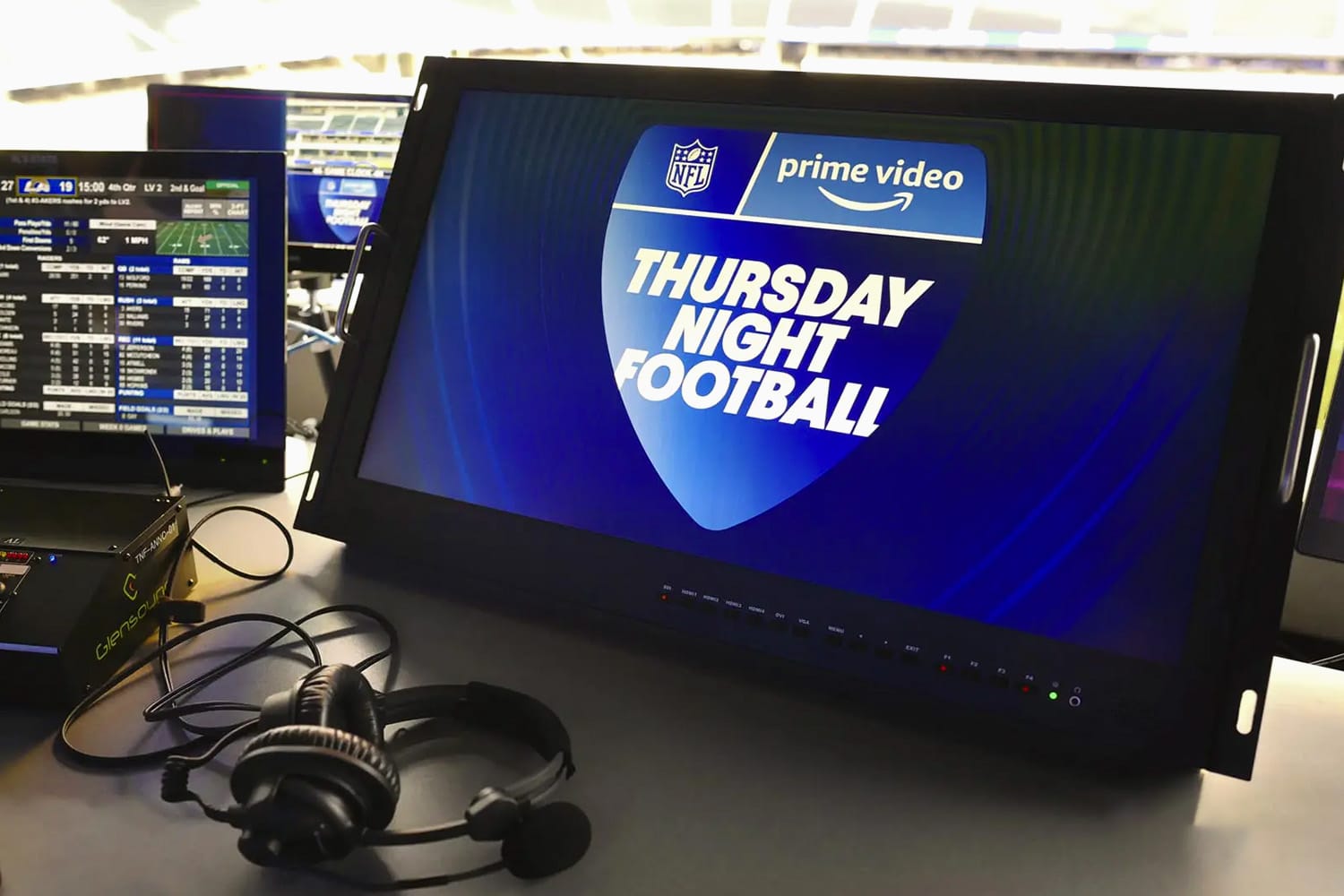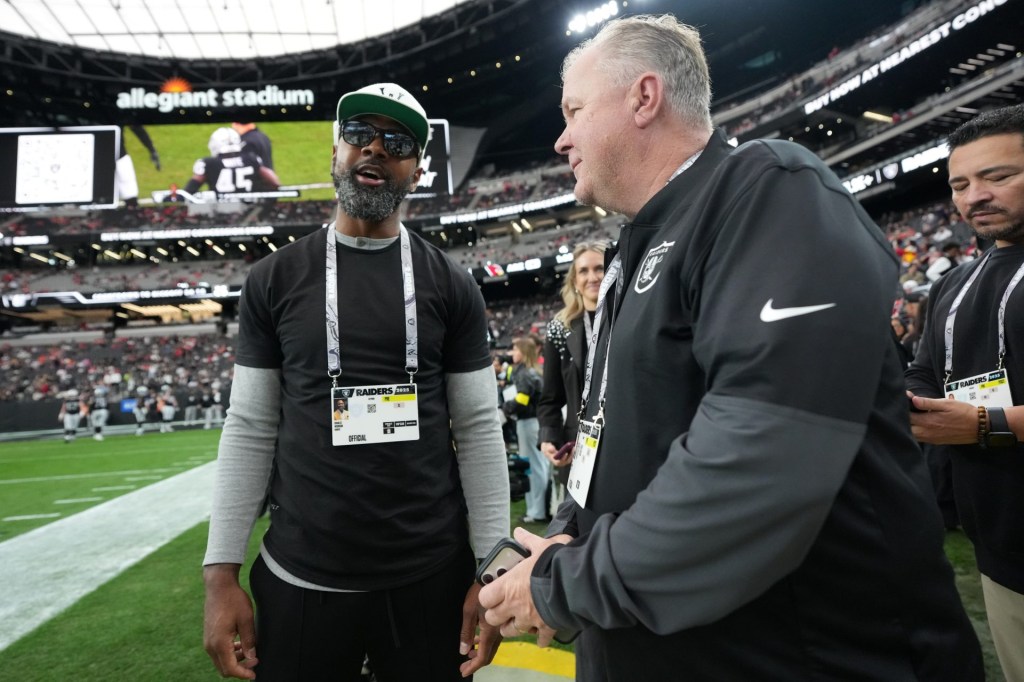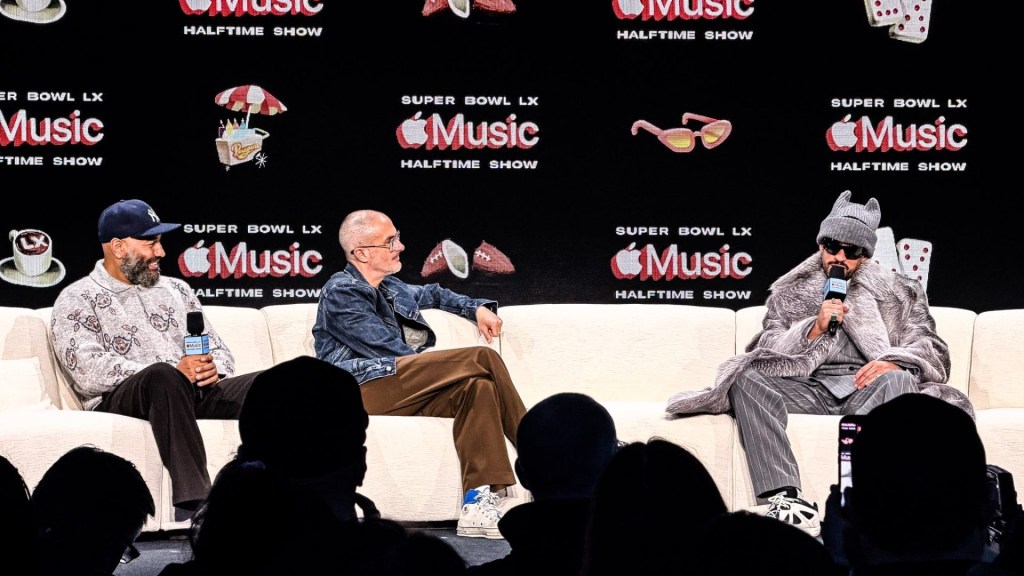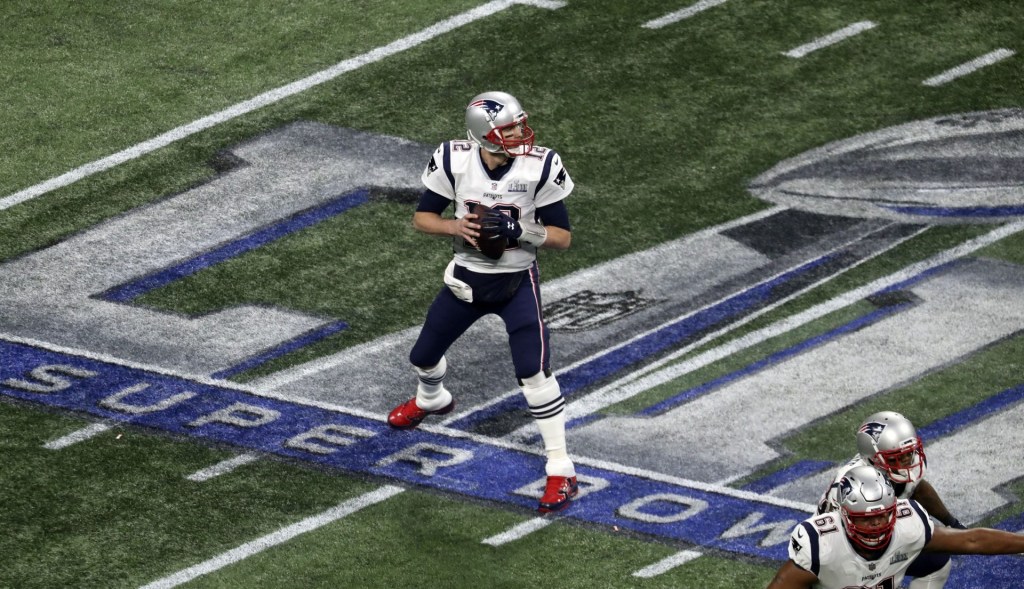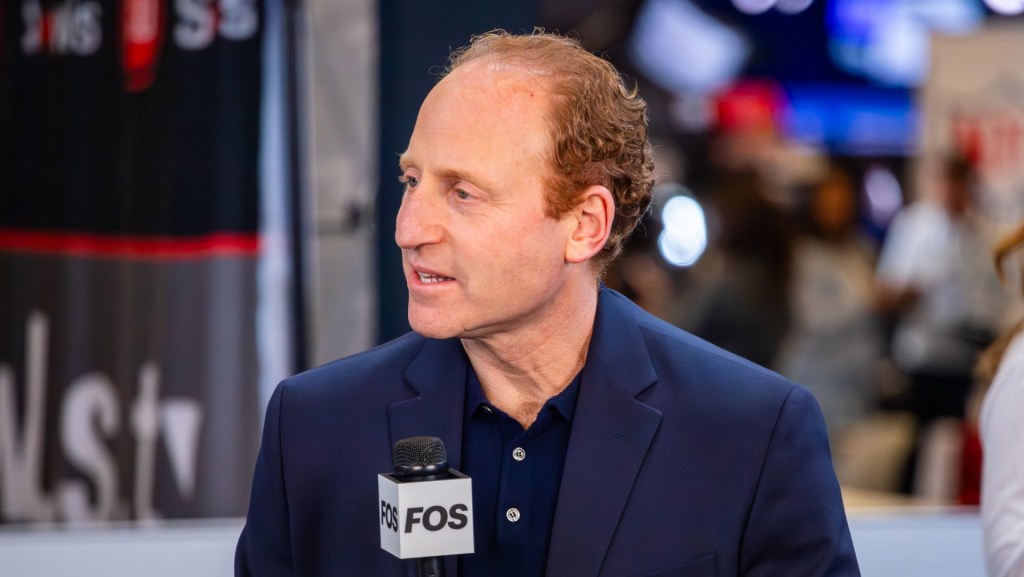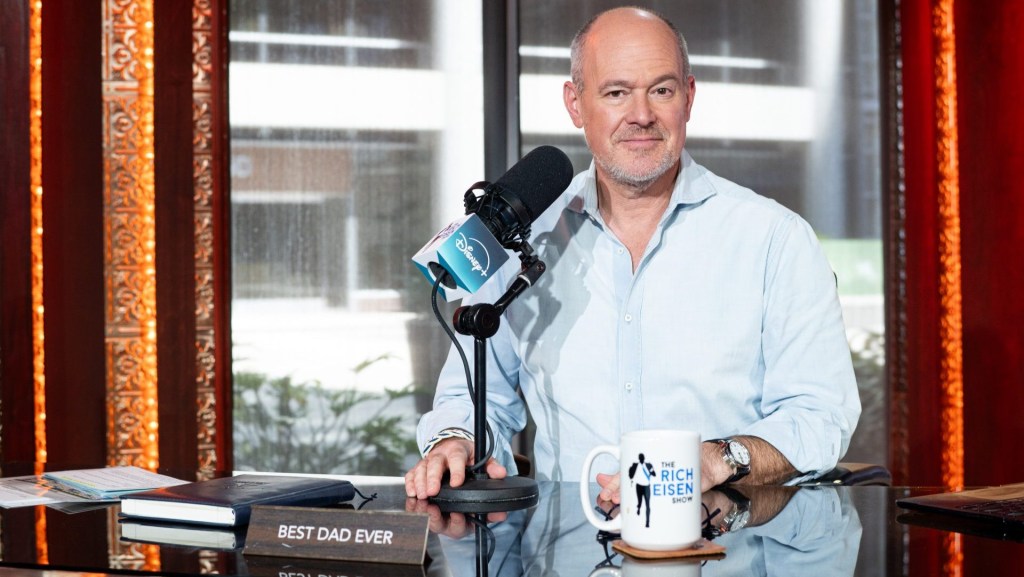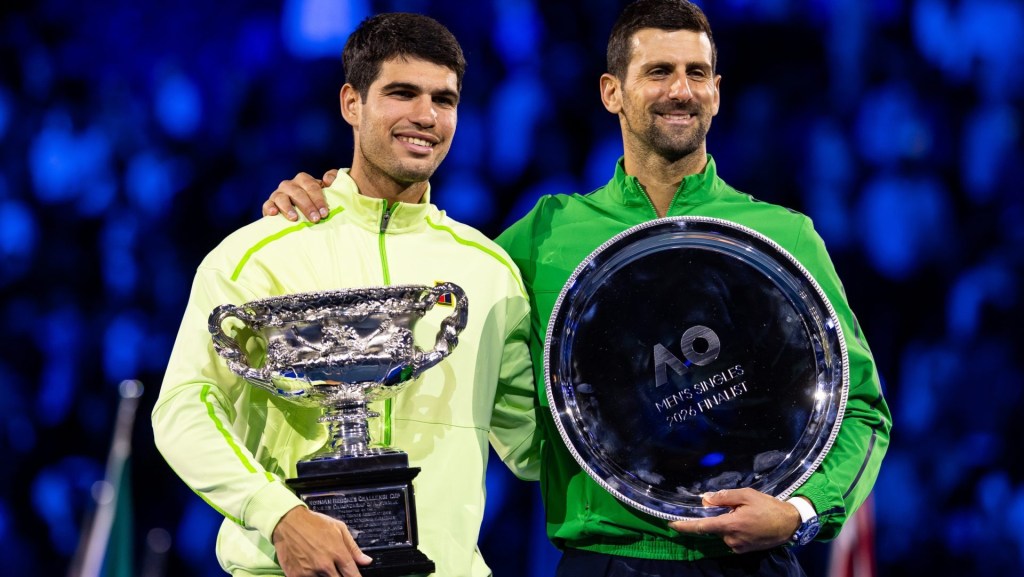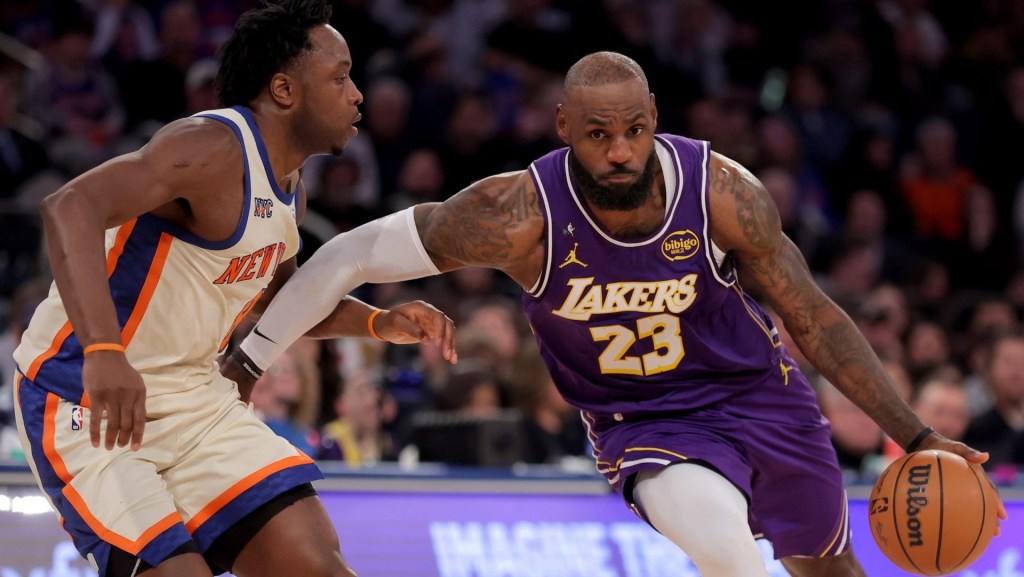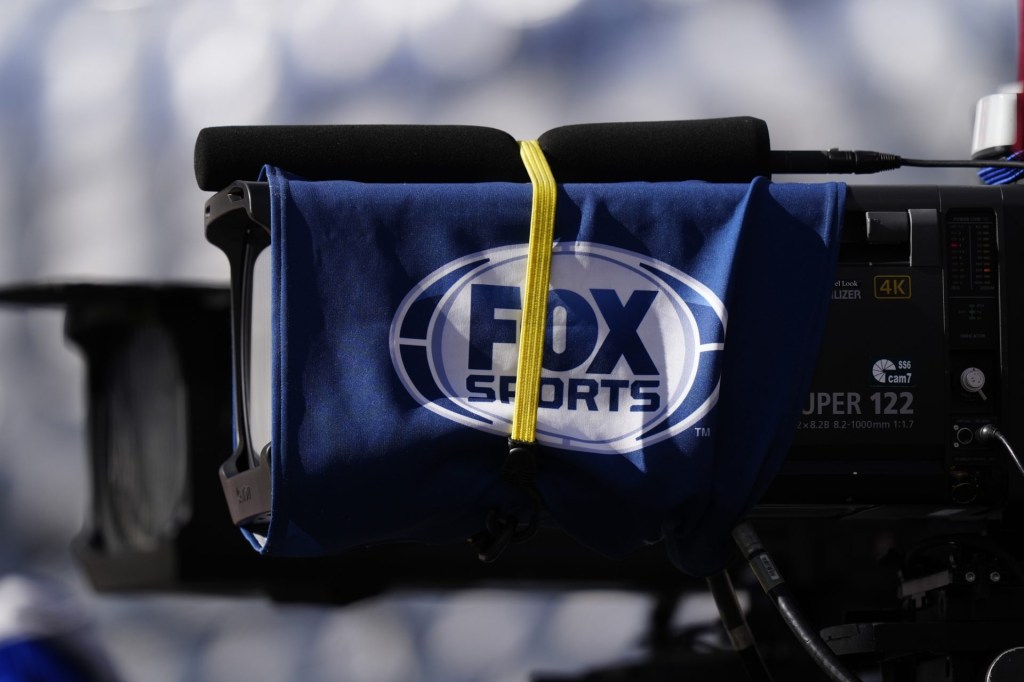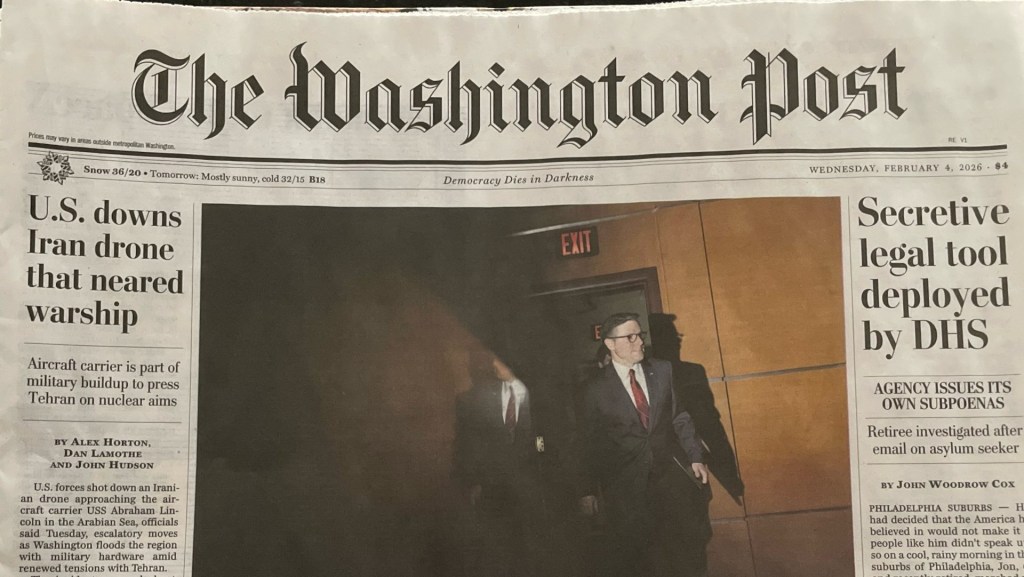After spending several decades growing fandom abroad, U.S.-based leagues like the NFL are looking to sell international rights for eye-popping sums. But according to EverPass CEO Alex Kaplan, leagues looking to create a global audience should expect “trench warfare.”
At EverPass, a sports streaming platform used by restaurants and bars, Kaplan’s team targets the estimated 20% of U.S. viewers who watch games away from home. Global audiences are far larger but even more diffuse.
Speaking about international media rights at the Front Office Sports “Future of Sports: Mergers & Acquisitions” event Wednesday, Kaplan said: “We’re guilty in this country of referring to it as ‘international.’ Sure, it is—but it’s a bunch of individual countries with different consumers, entirely different economies, different media distribution dynamics. So it’s really a local strategy.”
Think of the U.S., where sports fans juggle a dozen services to get all the games—and that’s just one country. International markets are far more fragmented. While industry watchers have for years anticipated that a major media company would swoop in and centralize global viewership, it’s easier said than done—just look at Disney’s shaky strategy to win over Asian markets by purchasing Indian Premier League rights.
“Legacy media never really consolidated on the global level that would offer sports leagues and properties that sort of turnkey partnership that I think every sports league is looking for,” Andrew Brown of consulting firm 1896 Partners told the panel.
While he believes sports rights deals will continue to be made “market by market,” Kaplan said there are at least two streamers that have the global reach to change the distribution dynamic: Netflix and Amazon.
Amazon Prime Video already streams Thursday Night Football, and could be interested in an international NFL package. And the NBA, which is toying with international expansion and has games scheduled this season in Mexico City and Paris, tapped Amazon for part of its national media rights earlier this year.
But it’s Netflix that’s showing the way for leagues below that top tier who want to go global.
In January, the streaming giant signed a $5 billion deal with WWE to stream Raw on Monday nights. That deal gives the wrestling outfit access not only to U.S. audiences but also to viewers in Canada, Latin America, the U.K., and elsewhere.
Brown, who spent eight years crafting global strategy at WWE, said that “Netflix is very good for business” because it can simultaneously reach audiences in more than 150 markets worldwide without sacrificing revenue. “It means you don’t have to go country by country, region by region as it relates to securing new distribution.”
Wendy Bass, EVP of business operations for the UFL, agreed: “If Netflix wants to call, we are open for business.”
